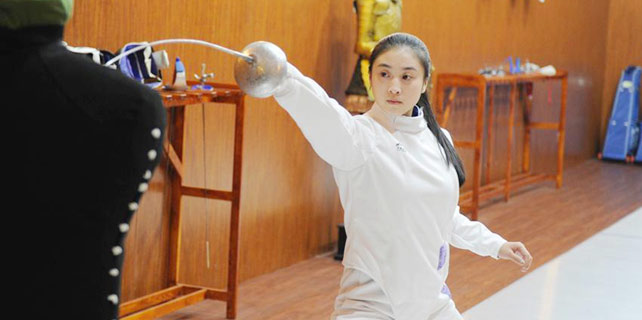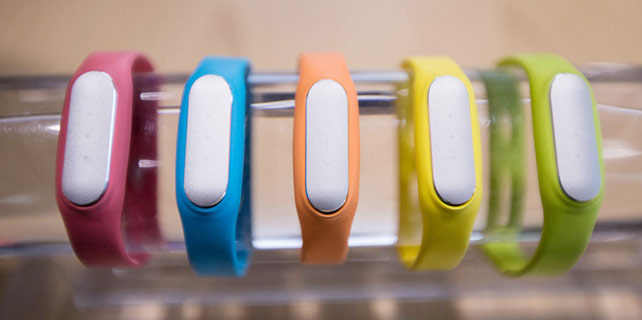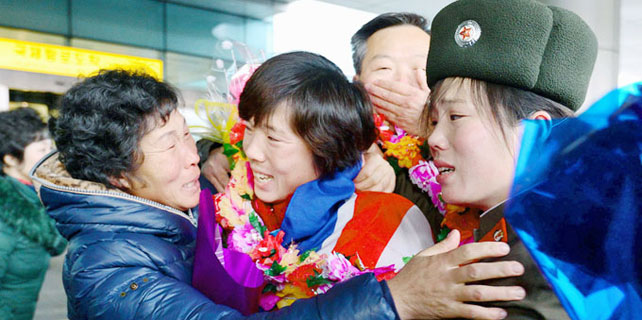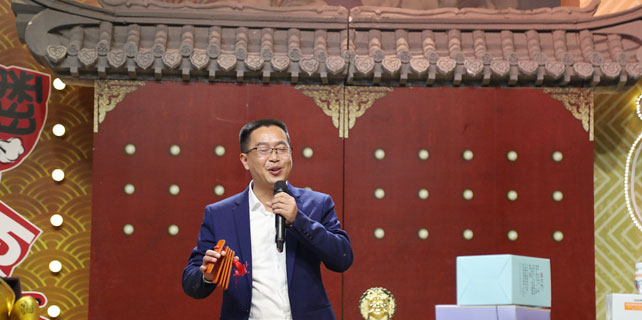Chinese firm gets EPA nod
Broad USA, which manufactures air conditioners powered by natural gas and heat waste, received recognition for its power generation product used by the University of Maryland Upper Chesapeake Medical Center to lower emissions and lessen its carbon footprint.
The company along with the hospital was one of four recipients of the Environmental Protection Agency's Energy Star CHP Award, which is given in recognition of facilities with high-performing combined heat and power (CHP) systems.
CHP systems generate electricity in a single, integrated system, where heat that is normally wasted in regular power generation is converted into useful energy instead.
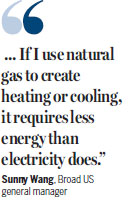
"CHP makes sense economically for bigger facilities like schools and hospitals," said Sunny Wang, general manager of Broad USA, the US arm of Hunan-based Broad Group.
"That's why a lot of financial firms are willing to invest in these products, because it's economically feasible and the technology is mature," he told China Daily on the sidelines of the On-Site Power Conference, a clean technology industry forum hosted by the New York State Energy Research and Development Authority.
The technology makes even more sense in light of more erratic weather conditions that the US has experienced in the past decade, he said, such as Hurricane Katrina, which created electrical outages that had serious consequences in hospitals that lost power with hundreds of sick patients in-house.
"The biggest advantage is that the amount of energy conversion [required] is much less," Wang explained. "For example, if I use natural gas to create heating or cooling, it requires less energy than electricity does."
Douglas Davis, the New Jersey-based company's director of sales in North America, said that resiliency is a big motivating factor for facilities that consume a lot of energy since "severe weather is a bigger issue these days".
CHP systems also lower the carbon footprints of the facilities that use them, which is a plus for lowering emissions, he added.
The majority of Broad USA's clients are located along the two coasts in the US, concentrated in the New York tri-state area and in California. Wang said that Broad's technology is used equally in the US as in China, though China - along with other parts of Asia and Southeast Asia - do so primarily because the economies are underdeveloped, with there being a higher chance that severe weather conditions may impact power generators in large facilities.
amyhe@chinadailyusa.com







